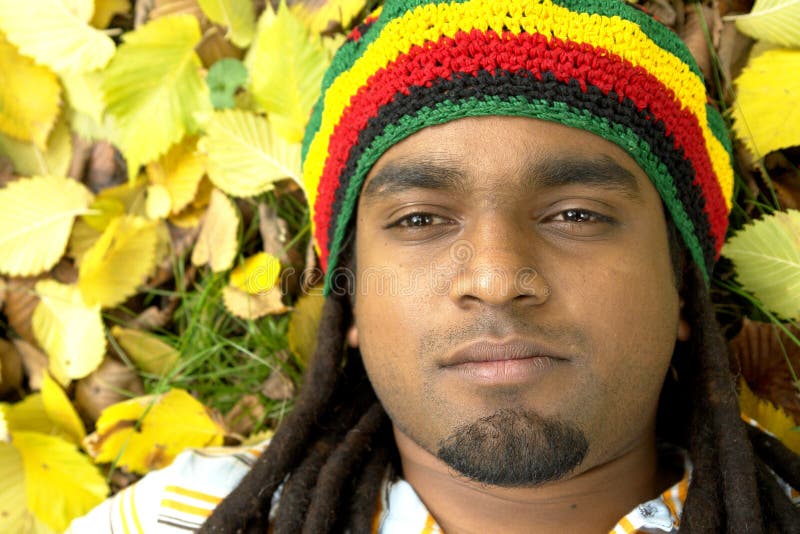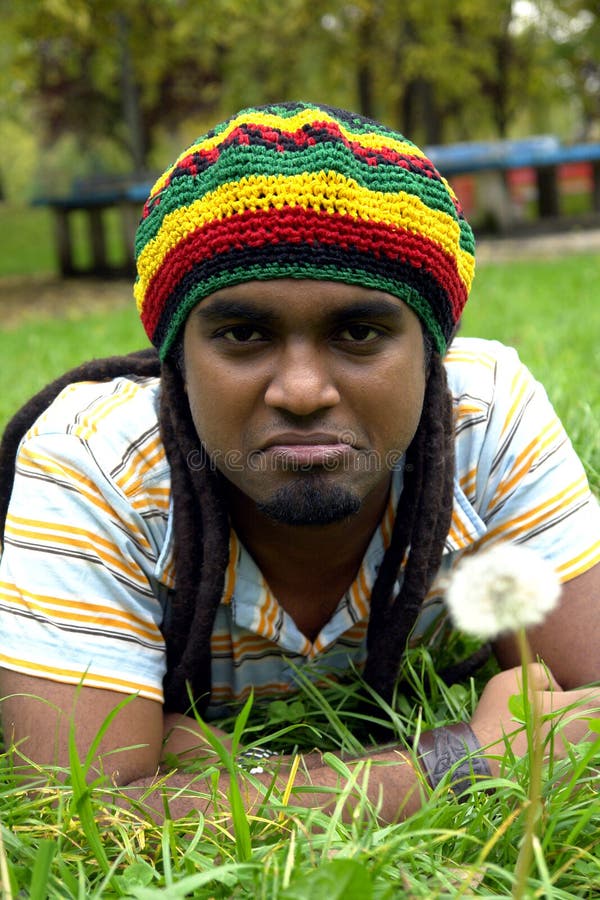Ever wondered how Jamaicans say "shut up" in their vibrant and unique patois? Well, buckle up because we're diving deep into the world of Jamaican expressions, slang, and the cultural significance behind the phrase "shut up." Whether you're a language enthusiast, a traveler planning a trip to Jamaica, or just curious about Caribbean culture, this article's got you covered. So, let's get started, mon!
Jamaican patois, or Patwa as it's affectionately known, is more than just a dialect. It's a rich tapestry of history, culture, and identity. When you hear someone say "shut up" in Jamaican, you're not just hearing words—you're experiencing a piece of the island's soul. Jamaican patois is a reflection of the resilience and creativity of its people, and understanding phrases like "shut up" can give you a glimpse into their daily lives.
In this article, we'll explore the various ways to express "shut up" in Jamaican patois, delve into its cultural significance, and even touch on how it's used in music and media. So, whether you're a linguist, a reggae fan, or just someone who loves learning about different cultures, there's something here for everyone. Let's roll!
Read also:New Vs Old Nike Tech The Ultimate Showdown
Before we dive into the nitty-gritty, here's a quick table of contents to help you navigate through this article. Click on any section to jump straight to it:
- The History of Jamaican Patois
- Common Expressions for "Shut Up" in Jamaican
- Cultural Significance of Jamaican Patois
- The Role of Patois in Jamaican Music
- Patois in Media and Pop Culture
- Tips for Learning Jamaican Patois
- Using Patois While Traveling in Jamaica
- Comparing Jamaican Patois with Other Dialects
- Common Mistakes to Avoid
- Conclusion: Embrace the Rhythm of Patois
The History of Jamaican Patois
Jamaican patois, or Patwa, is a creole language that emerged during the days of slavery in Jamaica. It's a fascinating blend of West African languages, English, and other influences. The history of patois is a testament to the resilience and creativity of Jamaicans who, despite being oppressed, managed to create a unique linguistic identity.
Back in the day, enslaved Africans were brought to Jamaica from various parts of West Africa. They were forced to communicate with each other and their English-speaking oppressors. Over time, this interaction gave birth to a new language that was neither purely African nor purely English but something entirely its own.
Today, Jamaican patois is spoken by millions of people in Jamaica and the Jamaican diaspora. It's not just a language; it's a symbol of Jamaican identity and pride. So, when you hear someone say "shut up" in Jamaican, you're hearing a piece of history.
How Patois Evolved Over Time
Over the years, Jamaican patois has evolved significantly. It's been influenced by everything from British colonial rule to the rise of reggae music. Today, patois is a vibrant and dynamic language that continues to evolve with the times.
For instance, modern Jamaican patois incorporates a lot of slang and expressions that reflect contemporary culture. If you're trying to say "shut up" in Jamaican, you might hear different variations depending on the context and the speaker's generation. Cool, right?
Read also:Kirk Cousins Gold Chain The Story Behind The Bling
Common Expressions for "Shut Up" in Jamaican
So, how do you say "shut up" in Jamaican? Well, there are several ways to express this idea in patois, and each one comes with its own flavor and context. Let's break it down:
- Shut yuh mouf: This is a straightforward way of saying "shut your mouth." It's pretty direct and might come off as a bit harsh, depending on the tone.
- Hush now: A softer way of asking someone to be quiet. It's often used in more casual or friendly situations.
- Hold yuh tong: Literally "hold your tongue," this phrase is a more polite way of asking someone to stop talking.
- Shut yuh noise: Another variation that translates to "shut your noise." It's a bit more playful and might be used between friends.
As you can see, there's no one-size-fits-all way to say "shut up" in Jamaican. The beauty of patois lies in its flexibility and creativity. You can choose the expression that best fits the situation and your personality.
Regional Variations
It's worth noting that patois can vary slightly depending on the region of Jamaica. For example, someone from Kingston might use a different expression than someone from Montego Bay. This regional variation adds another layer of richness to the language.
Cultural Significance of Jamaican Patois
Jamaican patois is more than just a language; it's a cultural treasure. It's a reflection of the island's history, identity, and values. When you learn to say "shut up" in Jamaican, you're not just learning a phrase—you're connecting with a rich cultural heritage.
Patois has played a crucial role in shaping Jamaican identity. It's a symbol of resistance and resilience, a reminder of the island's complex history. Today, patois is celebrated in music, literature, and art, and it continues to be an important part of Jamaican culture.
The Role of Patois in Identity
For many Jamaicans, speaking patois is a way of asserting their identity. It's a way of saying, "This is who we are, and we're proud of it." Whether you're using patois to say "shut up" or to express any other idea, you're participating in a rich cultural tradition.
The Role of Patois in Jamaican Music
Music is one of the most powerful mediums for spreading Jamaican patois around the world. Reggae, dancehall, and other genres have introduced millions of people to the sounds and rhythms of patois. If you've ever listened to a Bob Marley or Shaggy song, you've probably heard patois in action.
Artists often use patois to express their thoughts and emotions in a way that resonates with their audience. Whether they're singing about love, politics, or just telling a story, patois adds a unique flavor to their music. So, if you're trying to say "shut up" in Jamaican, you might find some inspiration in the lyrics of your favorite reggae songs.
Popular Songs Featuring Patois
- No Woman, No Cry: Bob Marley's classic song is full of patois expressions that capture the essence of Jamaican life.
- It Wasn't Me: Shaggy's hit song features playful patois lyrics that have become iconic.
- Three Little Birds: Another Bob Marley classic that showcases the beauty and simplicity of patois.
Patois in Media and Pop Culture
Patois has also made its way into movies, TV shows, and other forms of media. It's been used to add authenticity and flavor to stories set in Jamaica or featuring Jamaican characters. If you've ever watched a movie like "The Harder They Come" or "Cool Runnings," you've probably heard patois in action.
In recent years, patois has gained even more visibility thanks to social media and online platforms. YouTubers, TikTok creators, and influencers from Jamaica and the diaspora often use patois in their content, introducing it to a global audience. So, if you're trying to say "shut up" in Jamaican, you might find some examples on your favorite social media platform.
Challenges of Using Patois in Media
While patois is a beautiful and expressive language, it can sometimes pose challenges in media. Some people might find it difficult to understand, especially if they're not familiar with the dialect. However, this hasn't stopped creators from using patois to tell their stories and connect with their audience.
Tips for Learning Jamaican Patois
If you're interested in learning Jamaican patois, there are a few tips that can help you get started. Whether you're trying to say "shut up" or any other phrase, these tips will make the process easier and more enjoyable:
- Listen to Music: As we've already mentioned, music is a great way to learn patois. Listen to reggae, dancehall, and other genres to get a feel for the language.
- Watch Movies and TV Shows: Movies and TV shows set in Jamaica or featuring Jamaican characters can give you a glimpse into how patois is used in everyday life.
- Talk to Native Speakers: If you know someone who speaks patois, ask them to teach you a few phrases. Nothing beats learning from a native speaker.
- Use Online Resources: There are plenty of online resources, including dictionaries and language courses, that can help you learn patois.
Common Mistakes to Avoid
When learning patois, it's easy to make mistakes. Here are a few common ones to watch out for:
- Overusing Slang: While slang is an important part of patois, overusing it can make your speech sound unnatural.
- Mispronouncing Words: Patois has its own unique pronunciation rules, so make sure you're saying words correctly.
- Ignoring Context: Some expressions might be appropriate in one context but not in another. Pay attention to the situation and the people you're speaking with.
Using Patois While Traveling in Jamaica
If you're planning a trip to Jamaica, learning a few patois phrases can enhance your experience. It's a great way to connect with locals and show your respect for their culture. Whether you're trying to say "shut up" or any other phrase, locals will appreciate your effort.
When using patois in Jamaica, it's important to be respectful and mindful of cultural differences. While some expressions might be playful or humorous in one context, they might not be appropriate in another. So, always be aware of the situation and the people you're speaking with.
Essential Phrases for Travelers
- Wa gwaan?: What's going on? A common greeting in patois.
- Yu seh true?: Are you telling the truth?
- Mi a go: I'm going.
Comparing Jamaican Patois with Other Dialects
Jamaican patois is just one of many creole languages spoken around the world. It shares similarities with other creoles, such as Haitian Creole and Louisiana Creole, but it also has its own unique features. If you're familiar with other creole languages, you might notice some similarities when you hear someone say "shut up" in Jamaican.
However, patois also has its own distinct rhythms and expressions that set it apart from other dialects. Its influence from West African languages, English, and other sources gives it a rich and diverse character.
What Makes Patois Unique?
One of the things that makes patois unique is its ability to convey complex ideas with simple expressions. For example, saying "shut up" in Jamaican might involve more than just the words themselves. It's about the tone, the rhythm, and the context in which the phrase is used.
Common Mistakes to Avoid
As we've already mentioned, there are a few common mistakes to watch out for when learning patois. Here's a quick recap:
- Overusing Slang: While slang is fun, overusing it can make your speech sound unnatural.
- Mispronouncing Words: Patois has its own pronunciation


